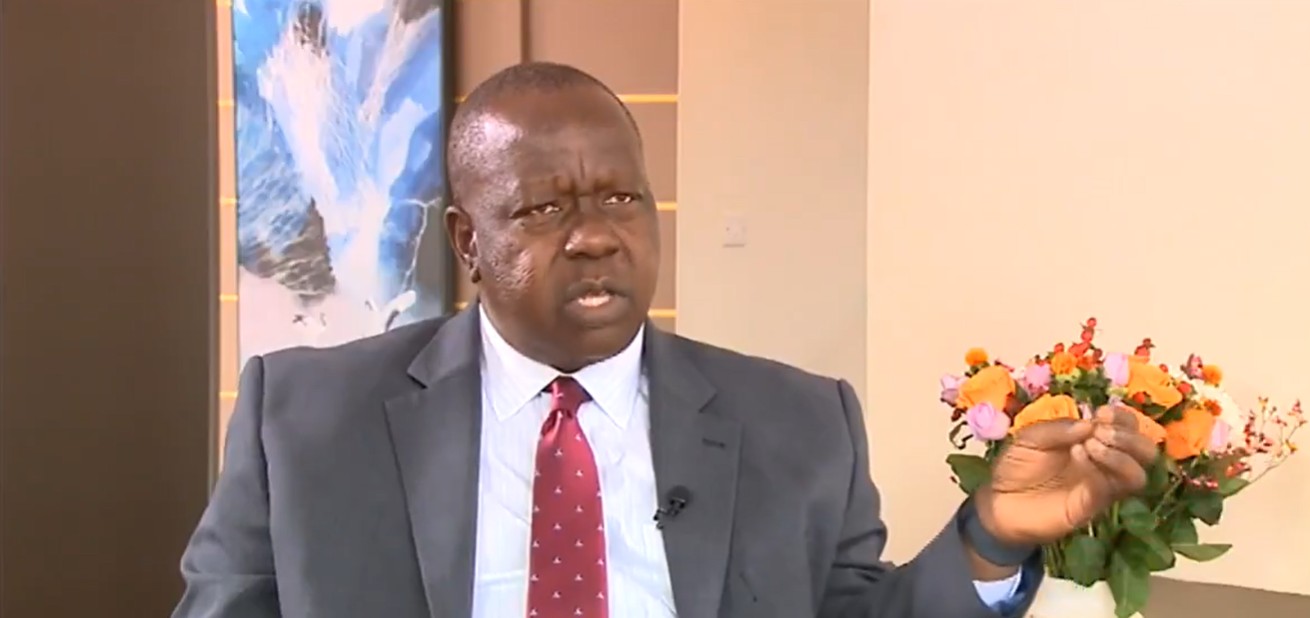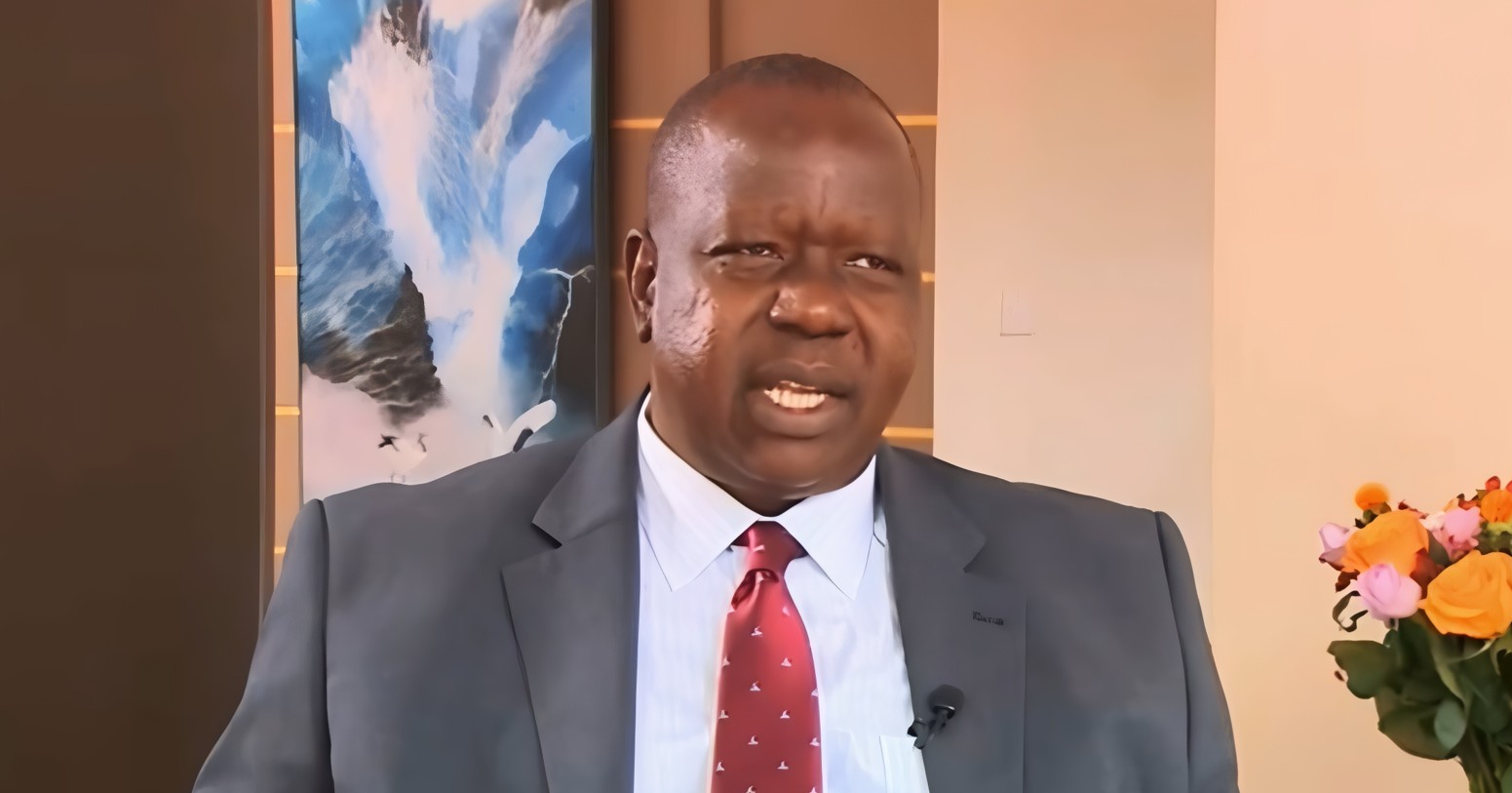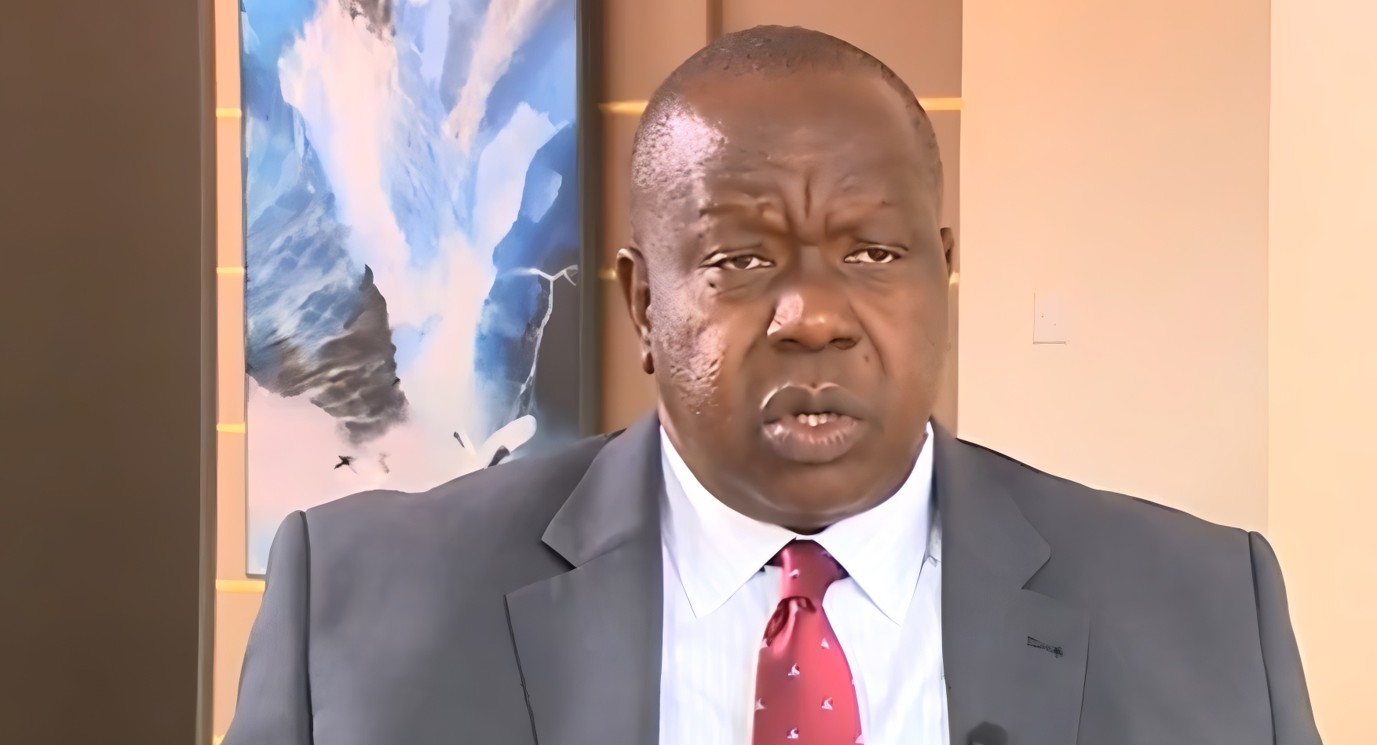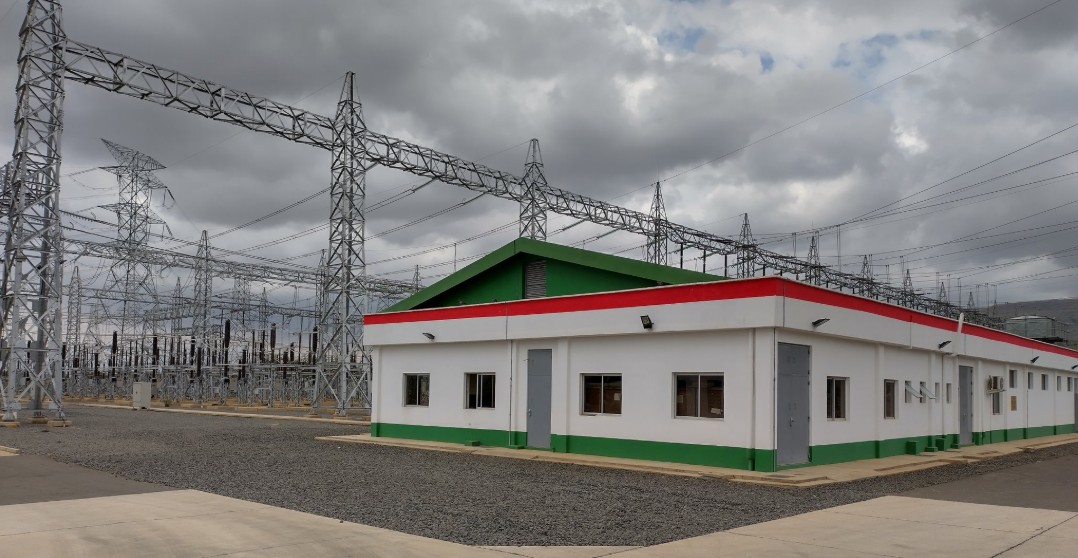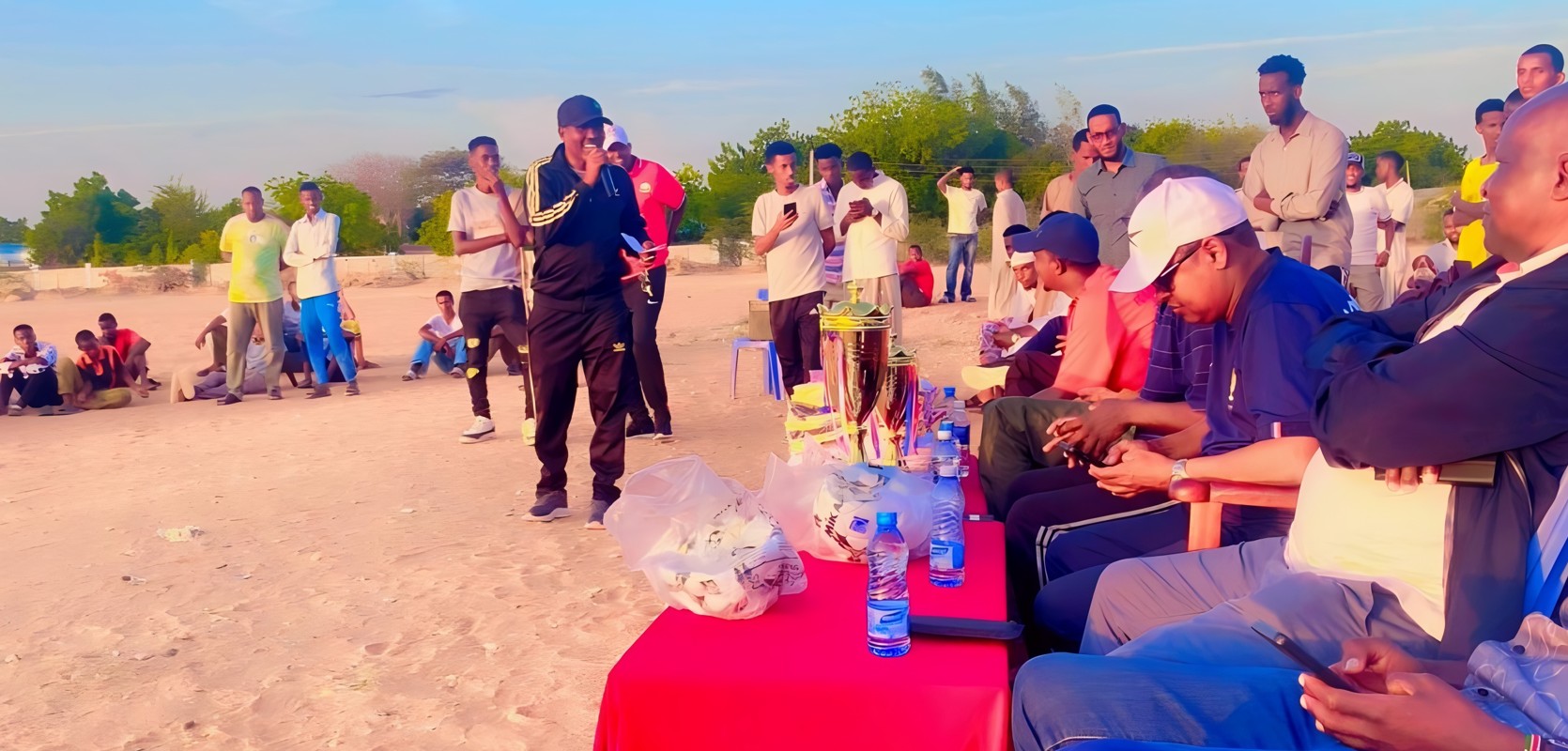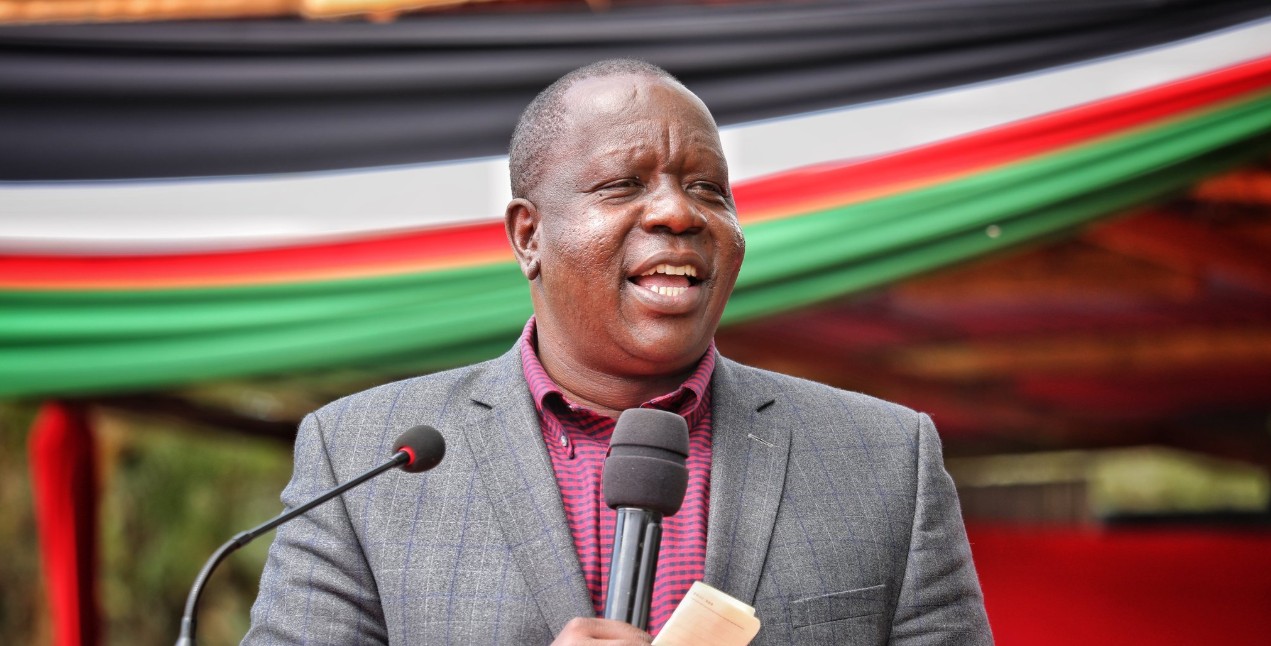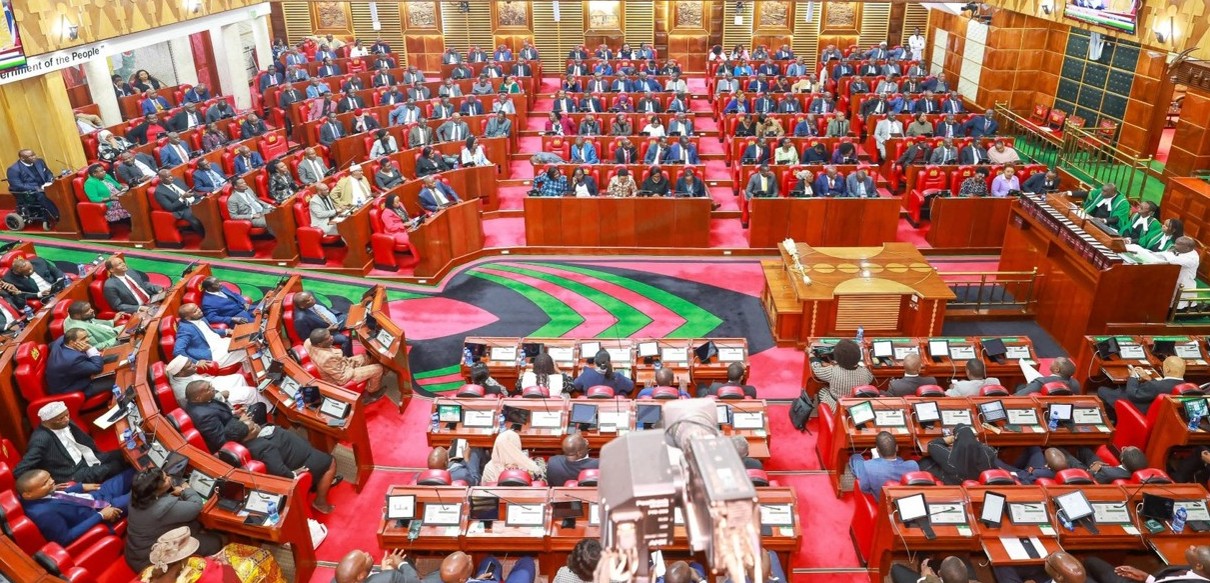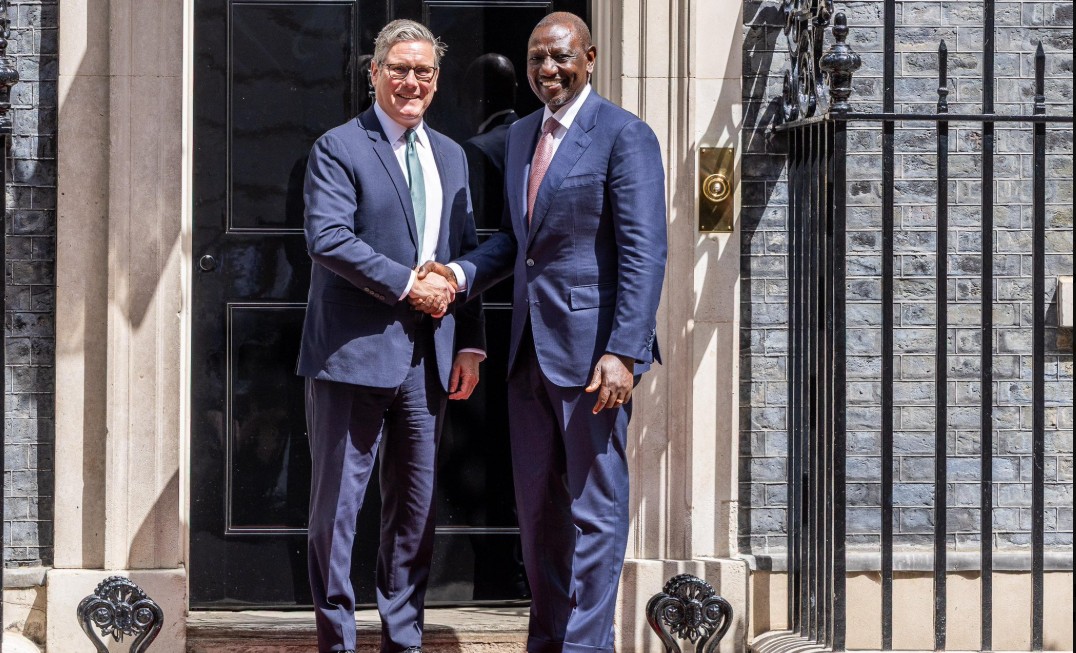East Africa's spy chiefs visit Grand Ethiopian Renaissance Dam
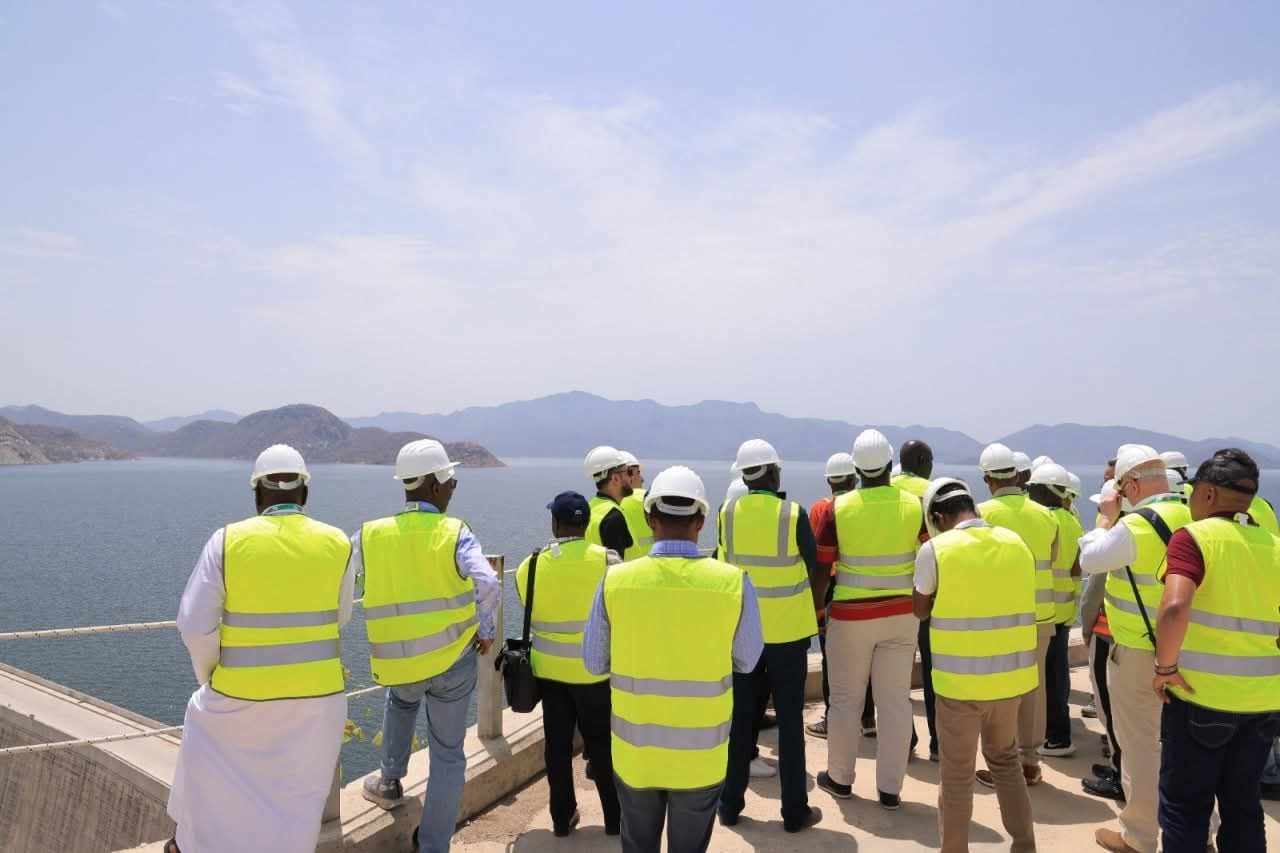
The visit took place on the sidelines of a high-level intelligence meeting in Addis Ababa and reflects a widening regional consensus on reclassifying major infrastructure as strategic assets deserving collective security.
In a rare display of regional intelligence diplomacy, heads of intelligence and security services from 13 East African countries convened in western Ethiopia this week for a joint field visit to the Grand Ethiopian Renaissance Dam (GERD)—a project that has long been at the centre of geopolitical friction between Ethiopia and Egypt.
The visit, as reported by Al Jazeera, was described as the first of its kind, took place on the sidelines of a high-level intelligence meeting in Addis Ababa and reflects a widening regional consensus on reclassifying major infrastructure as strategic assets deserving collective security.
More To Read
- Top Ethiopia militray chief warns of security threat from Egypt’s military presence in Somalia
- Egypt prepares Renaissance Dam Report for Trump administration
- Egypt warns citizens against travelling to Somaliland amid escalating regional tensions
- Ruto's Cairo envoy nominee grilled on GERD tensions
- Egypt warns Ethiopia of consequences for Grand Ethiopian Renaissance Dam impact
- Ethiopia's wealth to grow at 5th fastest rate in BRICS
At the dam site, the officials were briefed by Engineer Ephraim Heley Mikkel, Deputy Director of GERD, who reported that the hydropower plant is structurally complete and now producing 1,800 MW of electricity, with projections to reach 2,600 MW within three months.
He described the reservoir, Al-Sadd Lake, as a "water bank" capable of cushioning the region against drought-induced water shortages.
Framed by rising regional anxieties over transboundary water politics, the visit also served a soft power function for Ethiopia.
Qabri Kizabehir, Deputy Head of Ethiopia's National Intelligence and Security Service, said the inspection tour aimed to "refute rumours and misleading media campaigns" that have cast the dam as a unilateral and destabilising project.
Instead, Addis Ababa is making a strategic pivot—rebranding GERD not as a contested national monument, but as an African success story in infrastructure and energy diplomacy.
"This project is a practical proof of the ability of African countries to implement major strategic projects, away from the stereotype that questions their capacity," Qabri remarked.
Ethiopian analyst Keram Tadsi told Al Jazeera that the visit represents more than protocol—it marks a recalibration of how regional intelligence cooperation is understood.
"We are witnessing a shift toward broader definitions of security, where cross-border infrastructure, such as energy and water projects, are now part of a collective regional security architecture," he said.
GERD, long criticised by Cairo for threatening downstream water flows, is being tactfully reframed as a pan-African public good.
The involvement of regional intelligence leaders adds institutional weight to this shift, positioning the dam within a growing framework of African agency over transnational resources and development sovereignty.
Top Stories Today

